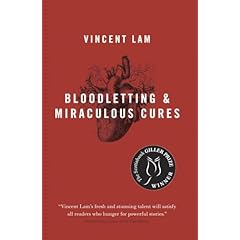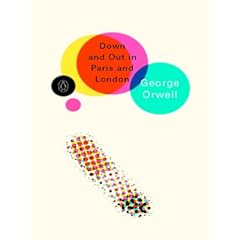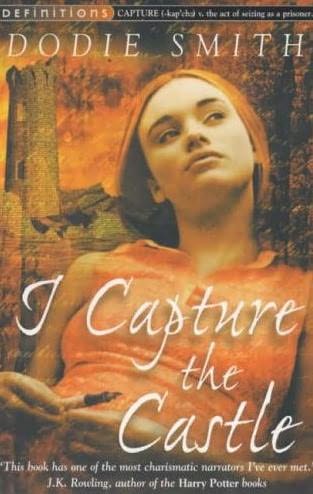
A Christmas gift with a festive red cover!
Bloodletting and Miraculous Cures by Vincent Lam is an interwoven set of short stories centred around 4 med students who become interns who become doctors. Seamlessly sutured together with themes of death, sickness, sleeplessness, mental anguish, blood (of course) and sex (Lam professes inspiration from Atwood--no kidding!), this is sort of a Canadian, Lit-based version of Grey's Anatomy, mixed with the high-drama level of ER.
Best parts of the story. (Don't laugh.)
-one of the characters awakes to a melon-coloured light that tells him it's afternoon (awesome!)
-It's start at U of O and moves to U of T/popular Toronto locations. (Can't help but get into it when you can say "I've been there!" in relation to the geography as well as the emotional situation....)
-in anatomy class, the 3 med students are divided over whether or not to cut through a religious tattoo on their cadaver's arm. (Still unsure how the Mark 16 reference fits into the overall theme.)
One thing I'm still undecided on: the inclusion of SARS in the storyline. Seems a little sensational.
Chock full of medical terms, but that's just atmosphere. Although there's a glossary of terms at the back, there's no real need to understand the vocab. If you can watch ER with more concern for whether the doctor is mentally unstable than what the heck "one line of epi" means, you'll do just fine, my friend, just fine. ;)

